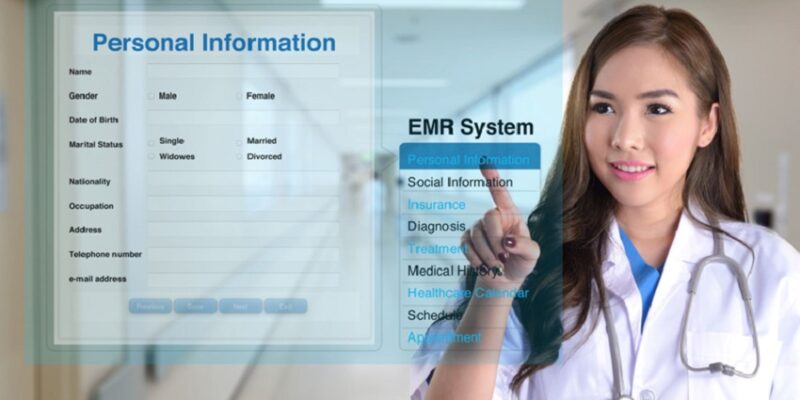When it comes to implementing innovative healthcare solutions, some misconceptions often create hurdles to adopting new technology. One such promising innovation is the electronic medical record (EMR) software, which has the potential to significantly improve healthcare management. In this blog post, we will debunk some popular myths associated with EMR software and reveal some benefits of using behavioral health EMR software. This article will also help you understand why EMR software is an important tool for managing healthcare data.
Myth 1: EMR and EHR are the same
While they are often used interchangeably, there is a distinct difference between EMR and EHR systems. EMRs are digital versions of patients’ paper charts within a single medical practice, whereas EHRs offer a more comprehensive view of a patient’s health by incorporating data from multiple providers. To understand the contrast between the two, check out this blog post on EMR vs. EHR to help you understand and choose the right system.
Myth 2: EMR software is too expensive
Some people believe that the cost of implementing EMR software is too high. However, it is crucial to consider the long-term benefits of these systems, such as improved efficiency, reduced human errors, and enhanced patient care. Going digital can save hospitals and clinics from the cost of maintaining paper records, and it can significantly reduce the time healthcare providers spend on administrative tasks, optimizing their overall productivity.
Myth 3: It takes too long to implement an EMR system
Adapting to and incorporating new technology into an existing healthcare system can seem daunting, but modern EMR software is designed with user-friendliness in mind. With proper training and support, the transition to using an EMR system can be straightforward, and staff can become proficient in their use relatively quickly. Furthermore, cloud-based EMR solutions help streamline implementation, minimizing the need for extensive hardware installations and reducing setup time.
Myth 4: EMR systems are only suitable for large healthcare providers
Although large hospitals were among the first to adopt EMR technology, these systems can cater to practices of all sizes. Many EMR systems today are scalable, making them suitable for small clinics or solo practitioners. It is essential to understand that implementing an EMR system is a customizable process, allowing healthcare providers to tailor the software to their unique needs and requirements.
Myth 5: Patient privacy and security are compromised with EMR software
It is a common misconception that patient privacy and data security are at stake in using EMR software. However, modern EMR solutions follow stringent security measures and comply with the necessary regulations and industry standards. These systems use secure data encryption, regular backups, and user authentication protocols to safeguard sensitive medical information.
To Sum Up
Deciding to implement EMR software in a healthcare practice is a significant decision, and it is essential to separate myths from facts. By understanding the nuances and embracing the potential of healthcare technology, healthcare providers can improve the quality of patient care, efficiency, and productivity. So, let go of the misconceptions, do extensive research, and consult experts to find the right EMR solution tailored to your needs – and watch your healthcare practice evolve.







